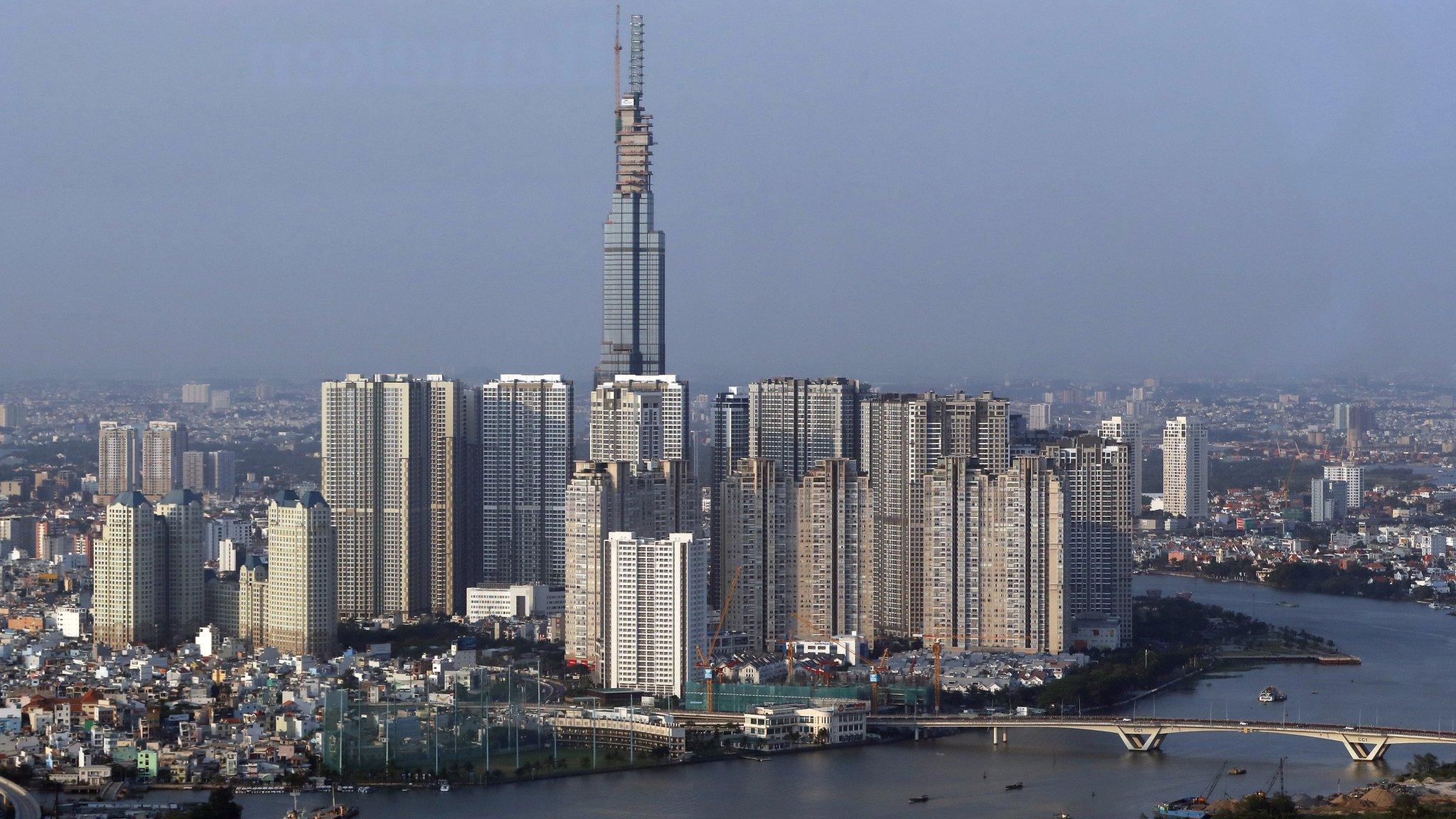US firms in China fear 'retaliation' against Huawei curbs: AmCham
- Published
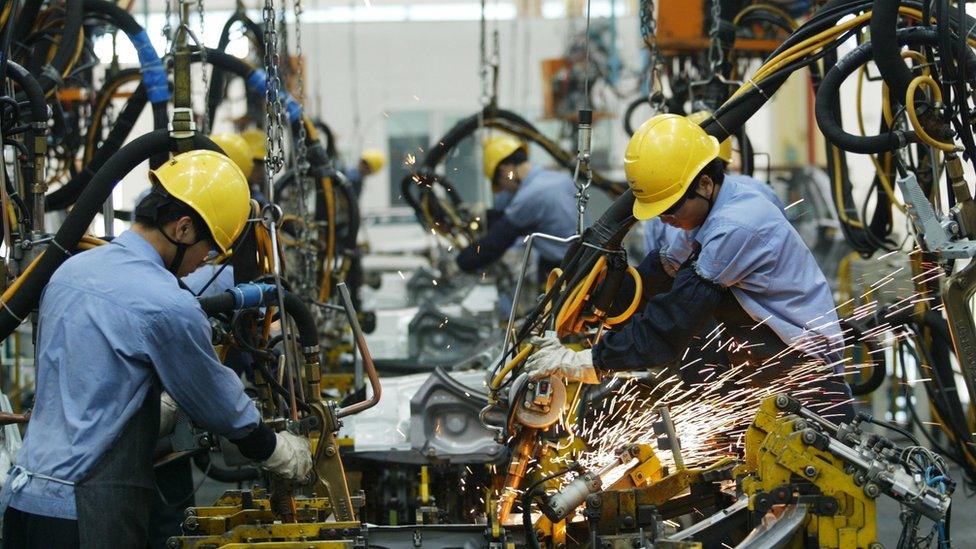
A top business lobby group representing American firms in China said they have "real concerns" over how Beijing may respond to US action taken against Huawei.
Speaking to the BBC, AmCham China chairman Tim Stratford said its members were worried about Beijing's response.
The US recently added Huawei to its "entity list" which puts curbs on its ability to do business in America.
The move has escalated existing trade tensions between the US and China.
Last week the Trump administration added Huawei to the trade blacklist, which bans the Chinese telecoms giant from acquiring technology from US firms without government approval.
China has threatened to retaliate against US sanctions without giving details.
"Particularly in the wake of the decision to put Huawei on the... entity list, there are concerns that the government of China may decide to retaliate against American companies," Mr Stratford said.
"These are real concerns, and they increase the risk as people are considering how they should make adjustments to their business models," he said.
His comments came as the American Chambers of Commerce (AmCham) in China and Shanghai released a survey of its members that found that slightly more than 40% had relocated, or were considering moving production facilities, outside of China because of tariffs.
The group represents more than 900 US companies working in China.
Trade war warning
A recent escalation in the US-China trade conflict, including tariff hikes from both sides, has sparked reaction from industries hit by the higher levies.
US President Donald Trump increased tariffs on $200bn (£157.3bn) worth of Chinese imports into the US from 10% to 25% earlier this month, after Washington and Beijing failed to reach a deal on trade.
China retaliated by announcing plans to raise levies on $60bn of US imports from 1 June.
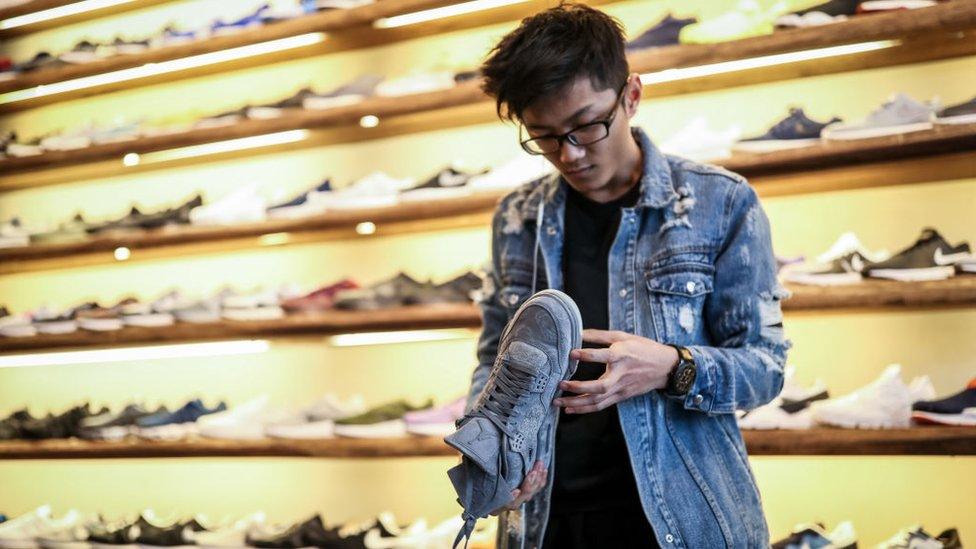
On Tuesday, some of the world's biggest footwear firms urged Mr Trump to end the US trade war with China, warning of a "catastrophic" effect on consumers.
In a letter signed by 173 companies, including Nike and Adidas, they said the president's decision to hike import tariffs to 25% will disproportionately impact the working class.
They also warned that higher levies threaten the future of some businesses.
"It is time to bring this trade war to an end," the firms urged.
When he raised tariffs earlier this month, Mr Trump told companies that they could reduce costs by shifting production to the US.
Allow X content?
This article contains content provided by X. We ask for your permission before anything is loaded, as they may be using cookies and other technologies. You may want to read X’s cookie policy, external and privacy policy, external before accepting. To view this content choose ‘accept and continue’.
The shoemakers and retailers say that they have been moving their sourcing away from China.
But they added: "Footwear is a very capital-intensive industry, with years of planning required to make sourcing decisions, and companies cannot simply move factories to adjust to these changes."
Ready to talk
Beijing has signalled some willingness to work with Washington to solve their trade dispute.
No discussions have been scheduled since the last round of talks ended on 10 May.
"China remains ready to continue our talks with our American colleagues to reach a conclusion. Our door is still open," China's ambassador to the US Cui Tiankai said on Fox News.
The US and Chinese leaders are also set to meet again at the G20 summit in Japan next month.
- Published16 January 2020
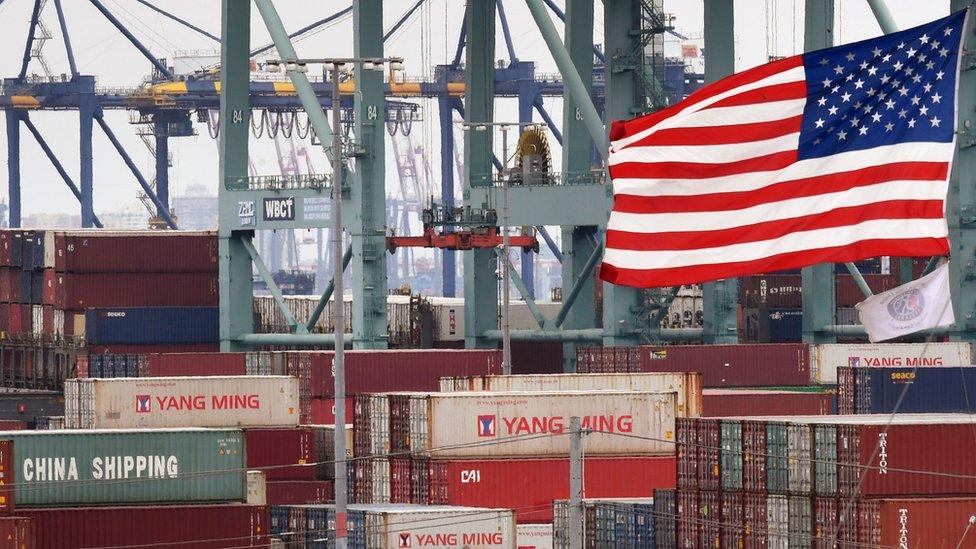
- Published16 May 2019
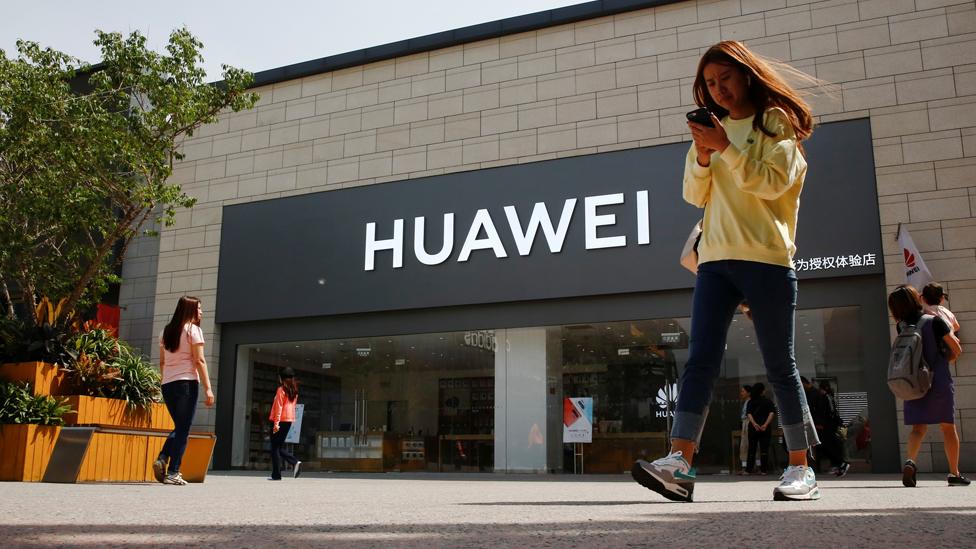
- Published21 May 2019
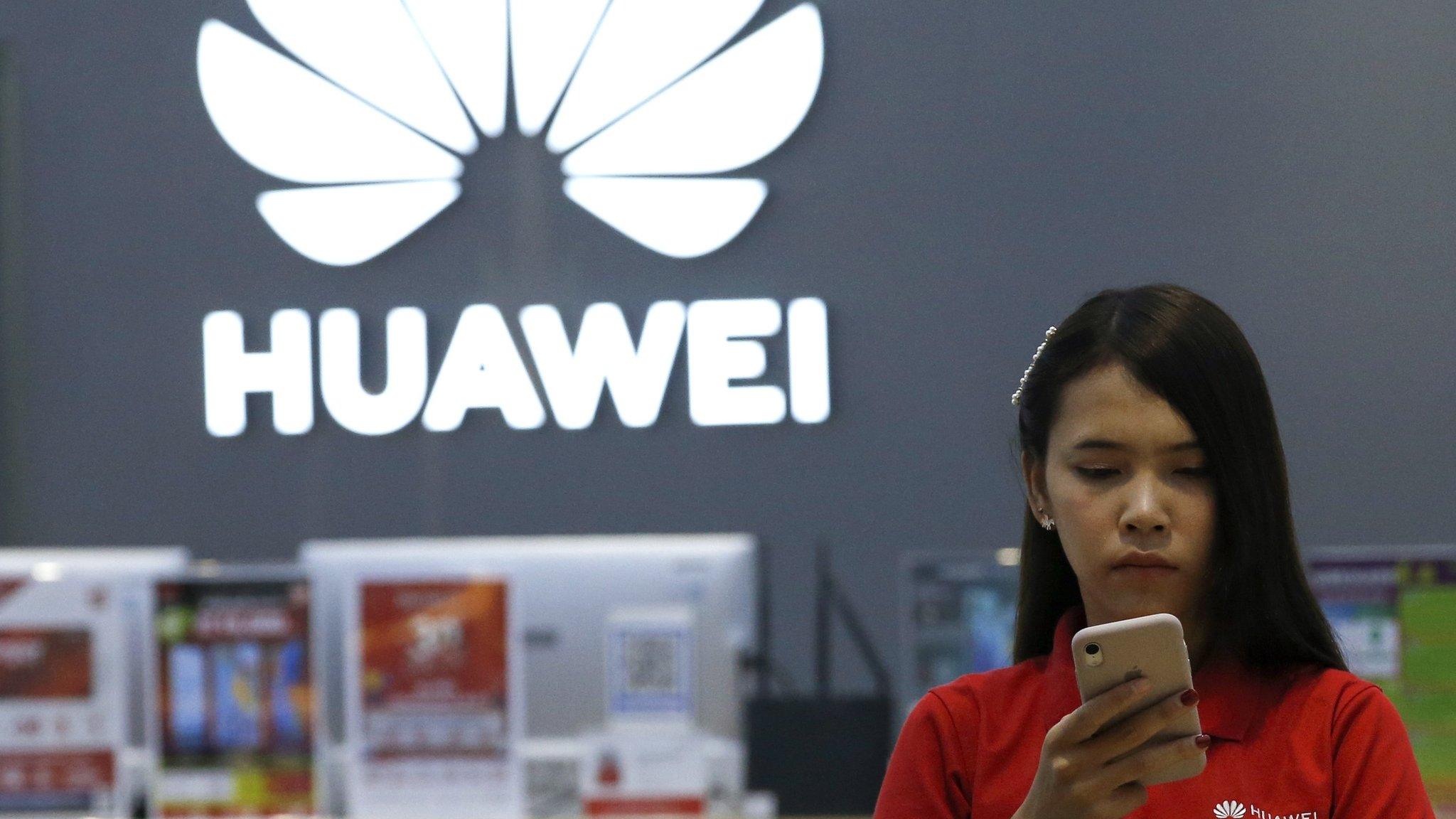
- Published20 May 2019
